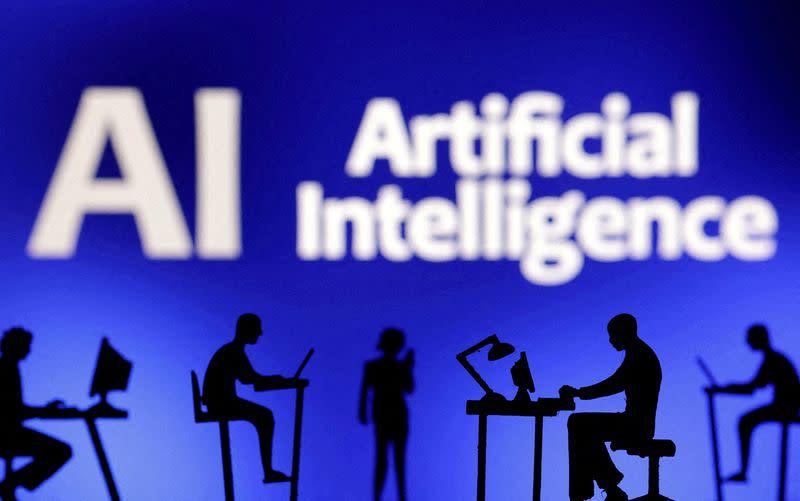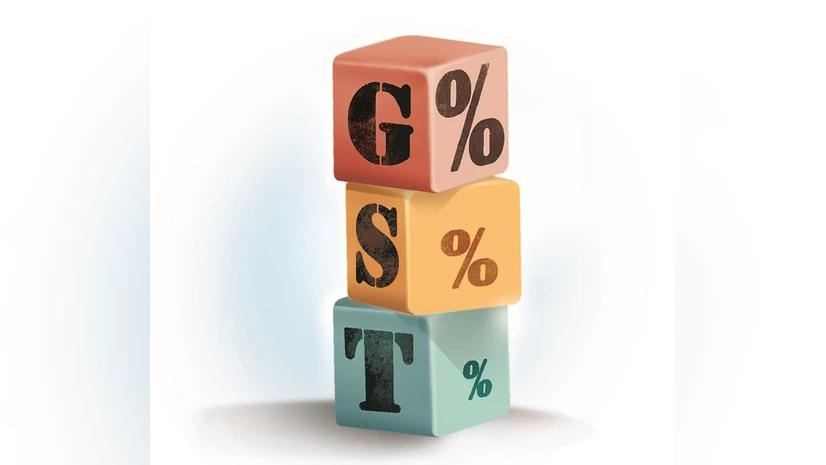 Image Source: Yahoo! Tech
Image Source: Yahoo! Tech
Key highlights
AI agents are transitioning from the domain of futuristic theory to actual-world disruptors, setting themselves up to transform not just business but the very framework of the worldwide economy over the coming decade.
Autonomous Agents: The New Digital Workforce
AI agents are very different from classic automation. They integrate autonomy, reasoning, and adaptability, managing multi-step workflows, making decisions, and coordinating with humans as well as other agents. These digital actors are able to independently drive outcomes across industries and work 24/7 at scale.
By automating upper-level cognitive tasks such as scheduling, negotiation, supply chain optimization, and customer service, AI agents free up human labor, increase efficiency, and accelerate response times, generally reducing operational costs and error rates as well.
Macro Impact: Productivity and GDP Growth
Analysts estimate that AI agents will create trillions of dollars of economic value worldwide. They have the potential to increase global GDP by as much as 14% by 2030 and contribute an estimated 0.1 to 0.6 percentage points to labor productivity growth per annum through 2040. This comes both from automating mundane tasks and complementing the abilities of current workforces, allowing humans to concentrate on more valuable creative or strategic work.
There is a vision of an "agent economy" emerging, with AI agents representing a novel form of digital labor. This development will redefine traditional labor markets, challenge wage labor, and reconfigure the split of income between labor and capital.
Sectoral Upheaval and Competitive Shifts
In medicine, agents are individualizing treatment and accelerating diagnostics; in finance, they are powering algorithmic trading and real-time risk analysis; in manufacturing and retail, autonomous agents are streamlining logistics and individualizing commerce. Market competition is expected to intensify in some areas, with startups leveraging AIs to leapfrog incumbents, while simultaneously, tech giants could consolidate their dominance through proprietary agentic platforms and infrastructure services.
New Economic Paradigms: Ownership, Market Structure, and Policy
The advent of AI agents challenges fundamental economic assumptions. Market dynamics may increasingly rely on agent-to-agent negotiation, real-time price-setting, and hyper-personalized goods, which raise new questions about transparency and fairness.
Ownership structures can shift, as both hyper-centralized tech monopolies and decentralized autonomous organizations (DAOs) utilize AI agents in novel applications.
Policymakers are being asked to reimagine social safety nets and modernize rules governing taxation, labor rights, and antitrust as the lines between labor, capital, and software dissolve at a furious pace.
The Next Steps
As AI agents proliferate, the economy will not only become more efficient but also more complex, offering possibilities for innovation while demanding effective regulation and new models of value creation and workforce development.
Sources: Hindustan Times, Klover.ai
Advertisement
Advertisement




